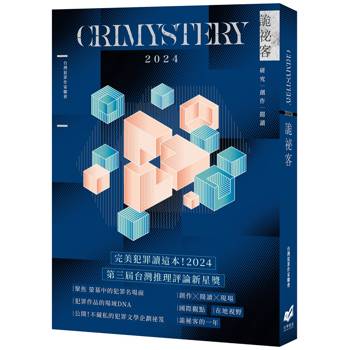Philosophy is perhaps unique amongst contemporary forms of human enquiry in still having widespread controversy over its role and limits. What is the function of philosophy in our social and political lives? How does it relate to these other areas? What can it think and what is beyond it comprehension? Does it merely reflect (on) the present? Or can it ground or unveil it? Can philosophy prescribe? A plethora of such questions arise in this very basic issue in philosophical thought. While he engaged in discussions of many specific philosophical, the enduring value of Richard Rorty’s work is exactly on this meta-level. Rorty thought philosophy as a project on the whole; he considered its general form and function and the historical development therein. Further, he pursued this task in response to a crisis in the foundations of philosophical thought which is still compromising the status of its enquiry.2 Finally, while the critical object of this thesis, Rorty theorized a novel response to this situation that re-envisioned the philosophical project outside of its traditional boundaries. It is thus without overstatement that he has been referred to as ’the most influential contemporary American philosopher
| FindBook |
有 1 項符合
Terms of Pragmatism, Liberalism and Criticism的圖書 |
 |
Terms of Pragmatism, Liberalism and Criticism 作者:Chin 出版社:Mab-India 出版日期:2023-03-18 語言:英文 規格:平裝 / 268頁 / 22.86 x 15.24 x 1.42 cm / 普通級/ 初版 |
| 圖書館借閱 |
| 國家圖書館 | 全國圖書書目資訊網 | 國立公共資訊圖書館 | 電子書服務平台 | MetaCat 跨館整合查詢 |
| 臺北市立圖書館 | 新北市立圖書館 | 基隆市公共圖書館 | 桃園市立圖書館 | 新竹縣公共圖書館 |
| 苗栗縣立圖書館 | 臺中市立圖書館 | 彰化縣公共圖書館 | 南投縣文化局 | 雲林縣公共圖書館 |
| 嘉義縣圖書館 | 臺南市立圖書館 | 高雄市立圖書館 | 屏東縣公共圖書館 | 宜蘭縣公共圖書館 |
| 花蓮縣文化局 | 臺東縣文化處 |
|
|
圖書介紹 - 資料來源:博客來 評分:
圖書名稱:Terms of Pragmatism, Liberalism and Criticism
|










